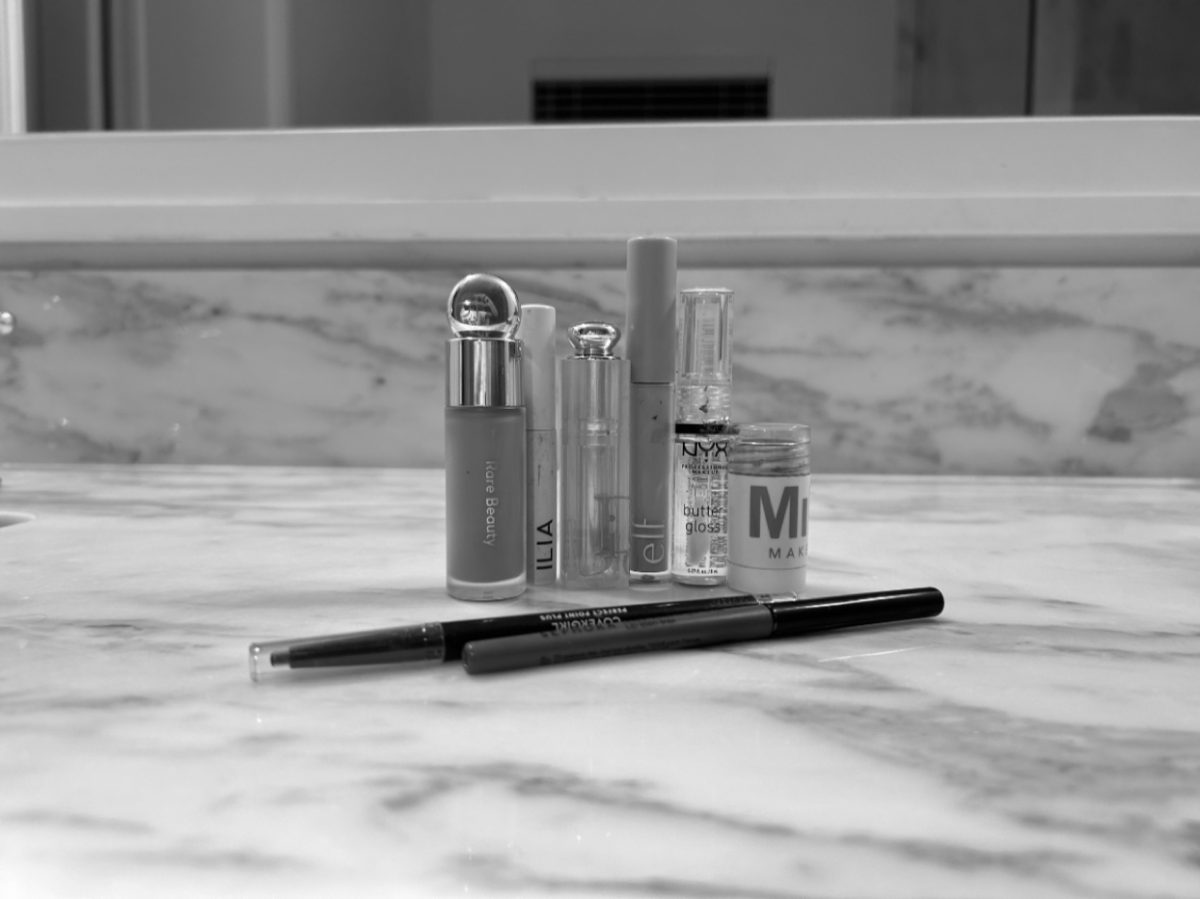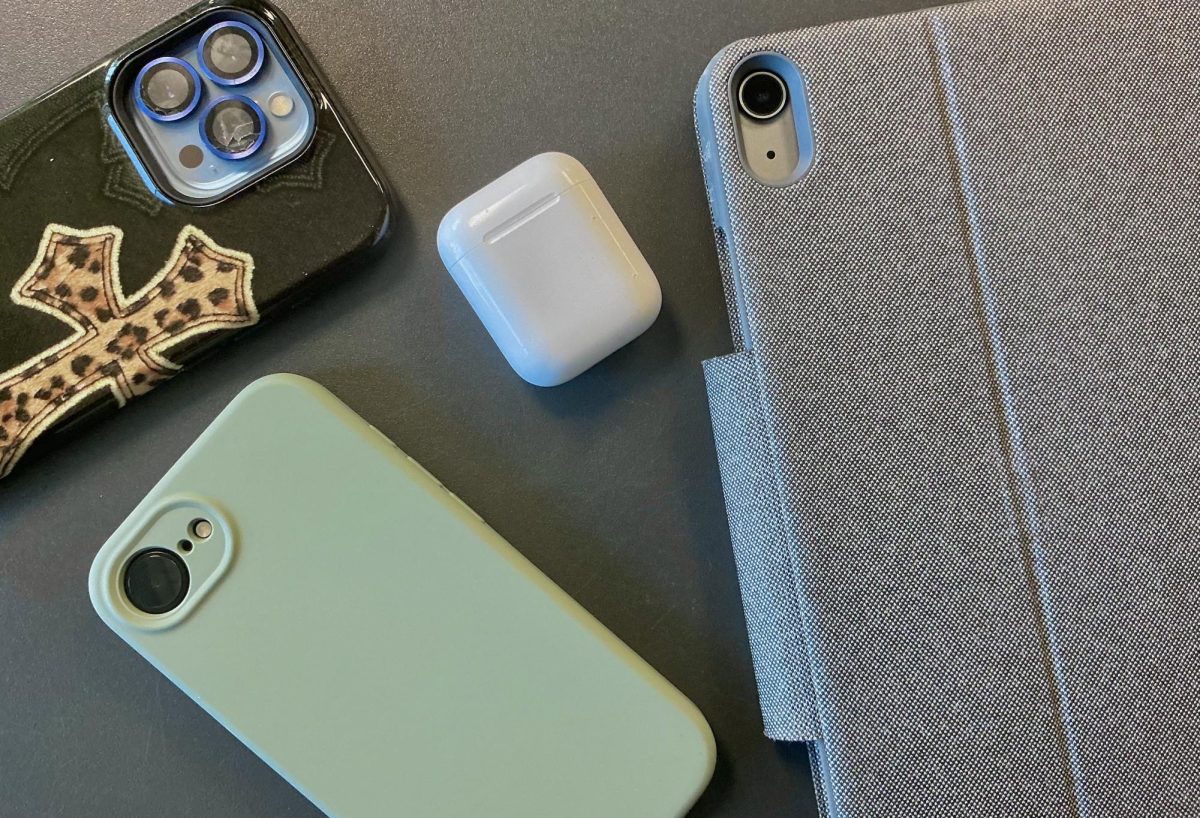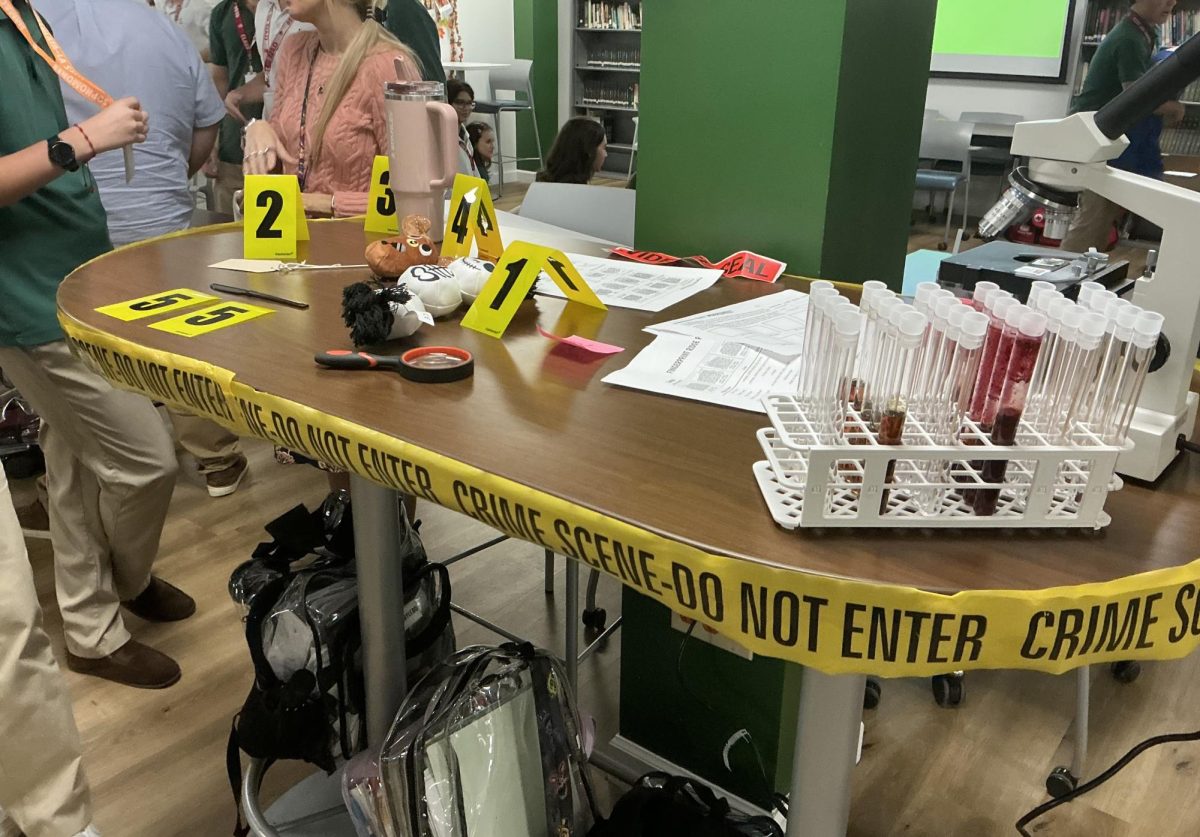Every day, millions of animals are subjected to painful and invasive tests for the sake of creating safer beauty products. From skincare to makeup, countless products on store shelves still rely on outdated practices that involve testing on rabbits, mice, sheep, horses, hamsters, cows, and even cats and dogs (humanesociety.org). It’s time for consumers to take a closer look at what’s really in their makeup bags, and realize that beauty is not worth the cost of animal suffering.
Many are not educated on the realities of what animal testing actually entails.
“Honestly, I don’t really know what animal testing involves. I know that it has something to do with testing products for humans on animals, but I’m not sure how it’s done,” said senior Ashley Garzon.
According to hsi.org, “The term ‘animal testing’ refers to procedures performed on living animals for purposes of research… assessing the effectiveness of new products, and testing the human health and/or environmental safety of consumer and industry products such as cosmetics.”
“Being informed about animal testing will change what brands I buy from because why put an animal’s life at risk for the use of a makeup product? There’s so many brands that don’t do animal testing, so why use the ones that do?” asked sophomore Alessandra Malagon.
This is a pressing ethical issue as the consequences animals face are cruel. For example, the Draize test is a common test performed on animals that measures the skin and eye irritation caused by chemicals found in cosmetics. The chemicals are placed directly onto the eyes on live animals. They are then observed for up to 14 days for signs of erythema and edema in the skin test, and redness, swelling, discharge, ulceration, hemorrhaging, cloudiness, or blindness in the tested eye. The test subject is commonly an albino rabbit, though other species are used too, including dogs (PETA).
About 78% of the top 50 beauty brands in the world test their products on animals (ada-cosmetics). This fact not only shows the extreme use of animal testing, but also the lack of public awareness on the subject.
“I am very surprised to find out that so many of these brands that I use myself do animal testing. I definelty think that these brands try to hide this information becuase I would have never known otherwise,” said senior Daysi Gonzalez.
HOW YOU CAN COMBAT ANIMAL TESTING
1) CHOOSE CRUELTY-FREE BRANDS
Support brands that are certified cruelty-Free. Look for labels like the Leaping Bunny or PETA’s cruelty-free symbol. This will ensure that no animal testing was conducted to develop this product, and that the brand does not support animal testing.
– According to PETA, some cruelty-free cosmetic brands include:
- rhode
- Tarte Cosmetics
- Fenty Beauty
- E.L.F. Cosmetics
- Anastasia Beverly Hills
- Too Faced
- Urban Decay
- Milk Makeup
- Hourglass
- Drunk Elephant
- Paula’s Choice
– According to PETA, cosmetic brands that DO test on animals include:
- L’Oréal
- Maybelline
- Estée Lauder
- MAC Cosmetics
- Clinique
- Lancôme
- Revlon
- Bobbi Brown
- Benefit Cosmetics
- NARS
- Aveeno
- Shiseido
2) EDUCATE THOSE AROUND YOU
Education is a major contributor to the effort to end animal testing. Share this information with your friends, family, or on social media. There is a significant importance of raising awareness about the brands EVERYONE should be avoiding. Helping others understand the issue spreads awareness and encourages a shift toward humane beauty practices.
3) DONATE TO ANTI-ANIMAL TESTING ORGANIZATIONS
Here are some anti-animal testing organizations to consider donating to:
1. Humane Society International (HSI)
2. PETA (People for the Ethical Treatment of Animals)
3. Cruelty Free International
4. The Center for Contemporary Sciences (CCS)
5. Physicians Committee for Responsible Medicine (PCRM)
6. National Anti-Vivisection Society (NAVS)
7. Animal Free Research UK










